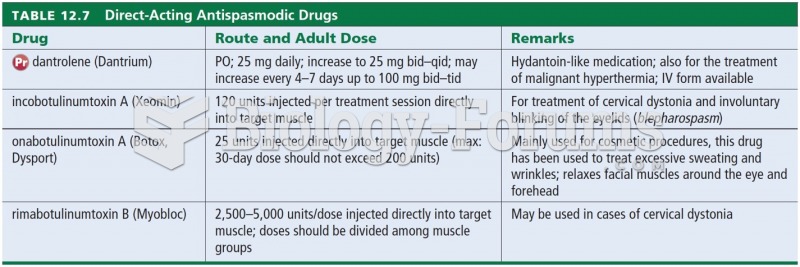Matching
1) authority
2) coercion
3) routinization of charisma
4) direct democracy
5) representative democracy
6) oligarchy
7) citizenship
8) lobbyists
9) power elite
10) conspicuous consumption
11) capitalism
12) laissez-faire capitalism
13) state capitalism
14) socialism
15) convergence theory
A) an economic system in which individuals own the means of production but the state regulates many economic activities for the welfare of the population
B) an economic system characterized by the private ownership of the means of production, the pursuit of profit, and market competition
C) a hybrid of mixed economies that combines capitalism and socialism
D) an economic system characterized by public ownership of the means of production, central planning, and distribution of goods without a profit motive
E) Thorstein Veblen's term for a shift from the sensibility of the Protestant ethic to an eagerness to show off wealth through the consumption of goods
F) unrestricted manufacture and trade
G) power that people do not accept as rightly exercised over them
H) a form of democracy in which voters elect representatives who meet together to discuss issues and make decisions on their behalf
I) Wright Mills' term for the top people in United States' corporations, military, and politics who make the major decisions
J) the transfer of authority from a charismatic figure to either a traditional or rational-legal form of authority
K) a system of democracy in which the eligible voters meet together to discuss issues and make the decisions
L) people who influence legislation on behalf of their clients
M) the concept that birth and residence in a country impact basic rights
N) a form of government in which a small group of individuals hold power; the rule of many by the few
O) power that people consider as being legitimate, as rightly exercised over them
Question 2
The chances of divorce increase as the level of one's education and income increases.
Indicate whether the statement is true or false







